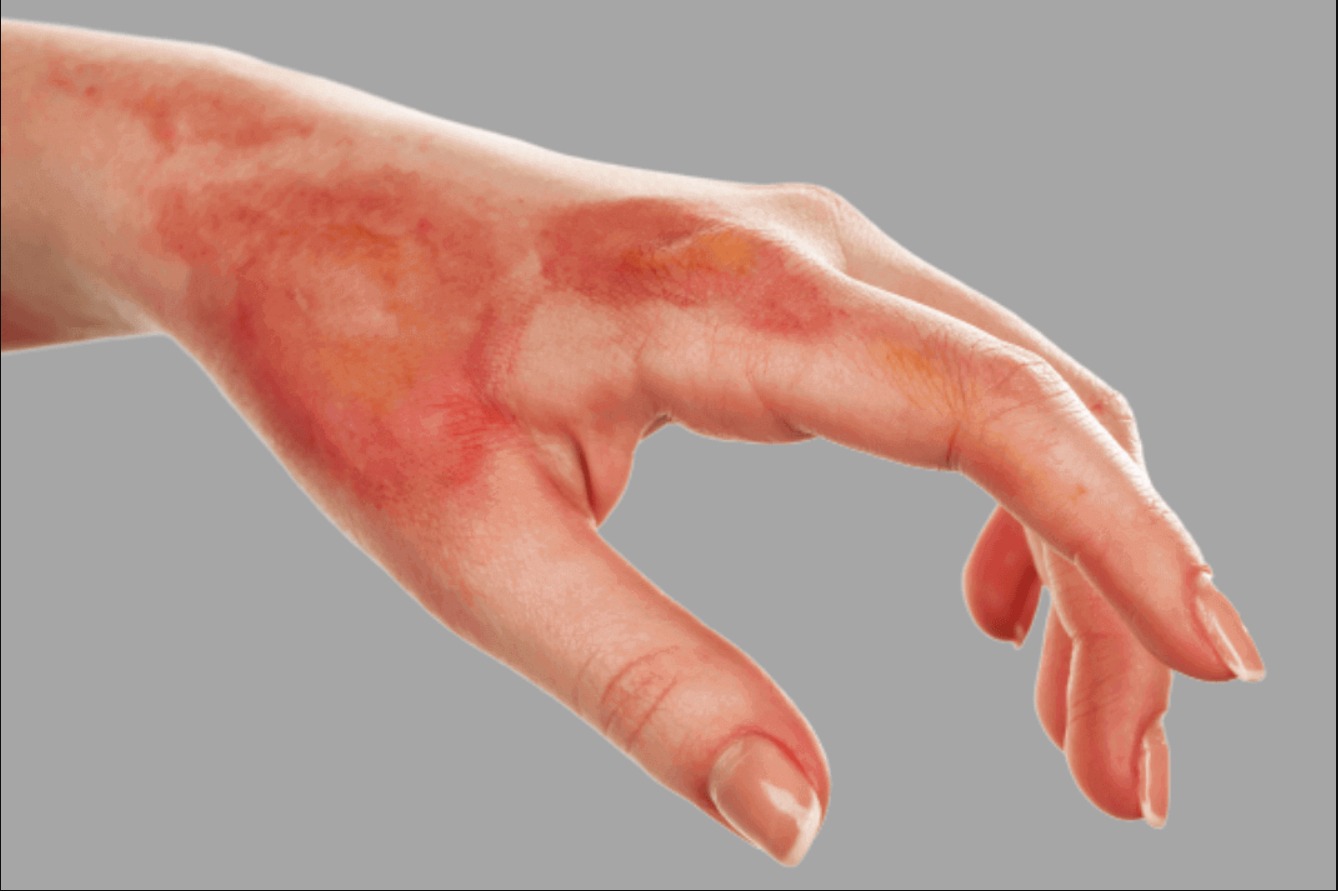Potato is a starchy root vegetable that is one of the most widely cultivated crops in the world. Potatoes are a good source of carbohydrates, fiber, vitamin C, potassium, and other nutrients.
Benefits of Potatoes
Potatoes offer a range of health benefits, including:
- Nutrient-rich: Potatoes are a good source of vitamin C, potassium, vitamin B6, and dietary fiber.
- Boosts Immunity: Vitamin C is a powerful antioxidant that helps to strengthen the immune system and protect the body against infections.
- Promotes Digestion: The dietary fiber in potatoes helps to promote digestion and regulate bowel movements.
- Lowers Blood Pressure: Potassium is a mineral that can help to lower blood pressure and reduce the risk of heart disease.
- Good for Skin: Vitamin C also plays a role in the production of collagen, which helps to keep the skin healthy and youthful-looking.
- Helps with Weight Management: Potatoes are relatively low in calories and high in fiber, which can help to promote feelings of fullness and reduce overall calorie intake.
- Provides Energy: Potatoes are a good source of carbohydrates, which provide the body with energy.
Nutritional facts of Potatoes
Potatoes are a nutrient-dense food, which means they are relatively low in calories but rich in nutrients. Here are the nutrition facts for a medium-sized (5.3 oz or 150g) baked potato with skin:
- Calories: 161
- Carbohydrates: 36.6 grams
- Fiber: 3.8 grams
- Protein: 4.3 grams
- Fat: 0.2 grams
- Vitamin C: 28% of the Daily Value (DV)
- Potassium: 26% of the DV
- Vitamin B6: 27% of the DV
- Magnesium: 12% of the DV
- Iron: 10% of the DV
As you can see, potatoes are a good source of carbohydrates, fiber, and several important vitamins and minerals. However, it’s worth noting that the nutrient content can vary depending on the cooking method and whether or not the skin is eaten.
Risks of eating Potatoes
While potatoes are generally considered safe and healthy for most people, there are a few potential risks to be aware of:
- High Glycemic Index: Potatoes have a high glycemic index, which means they can cause a rapid spike in blood sugar levels. This can be a concern for people with diabetes or those trying to manage blood sugar levels.
- Allergic Reactions: Some people may be allergic to potatoes, which can cause symptoms such as hives, itching, and difficulty breathing. However, potato allergies are relatively rare.
Overall, potatoes are a healthy and nutritious food when consumed in moderation and prepared in a healthy way.




